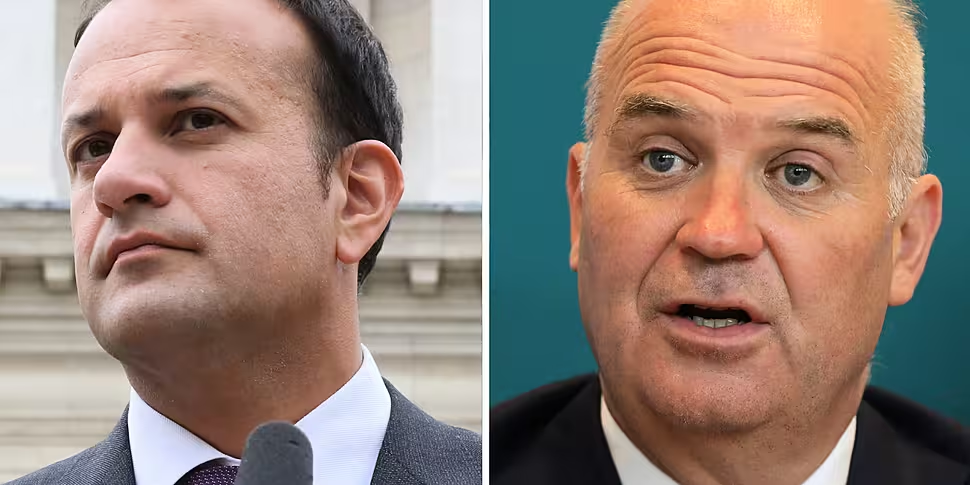The Tánaiste Leo Varadkar says the National Public Health Emergency Team (NPHET) is not being stood down immediately.
However he says the health advisory body will 'fade away'.
It comes as the Chief Medical Officer Dr Tony Holohan put forward a recommendation to wind-down NPHET in its current form.
It has also recommended major changes to the test and trace system, which would see fewer people tested for COVID-19.
Mr Varadkar says: "We'll be able to relax rules around testing and also around masks.
"I saw the NPHET letter last night, which recommends ending the mask mandate and also recommends some very significant changes to testing".
He says while the advice is that the mandatory requirement to wear masks can end, they should still be advised in healthcare settings and on public transport.
"But that doesn't mean that people who want to wear a mask can't", he adds.
And Mr Varadkar says the need for solid public health advice from NPHET has not disappeared.
"It's not being stood down just yet - it will fade away.
"But it's also a body that can be reconstituted; and one thing we can't rule out, unfortunately, is the possibility of a return of the virus in a new form.
"There is always the risk of a new variant - well, there will be new variants - but there's always the risk of a new variant that has significant vaccine escape.
"Immunity from the vaccines and infection will wane, and of course there will be another winter.
"So we have to be on guard, and we have to be ready for a future spike or a future sting in the tail.
"And we will be, and we're going to make preparations for exactly that".
Mr Varadkar says the Government will give a date on lifting the requirement to wear face masks in some public settings no later than Tuesday.
While consultant in infectious diseases, Dr Eoghan De Barra, says people should still be mindful of those around them.
He told Pat Kenny: "I certainly would still wear a mask if I was in a crowded space, because it's a matter of solidarity with those around me who feel less comfortable and more threatened by the virus.
"I think most people... are keen to continue to do this, out of a show of security and solidarity with other people who may feel very anxious - and an attempt to reduce the impact of this.
"And I think it's not unreasonable that maintains for some period of time.
"I can understand NPHET's decision, because the mandatory nature of it in terms of public health kind of falls away.
"But I think the other aspects of it, to reassure those people who are very anxious and vulnerable about it, is the vaccination - and completion of vaccination offers excellent protection".
Additional reporting: Sean Defoe









